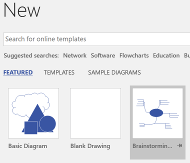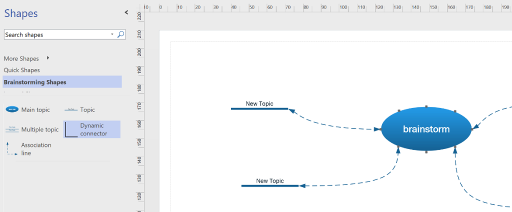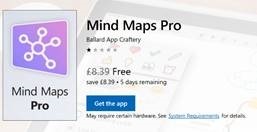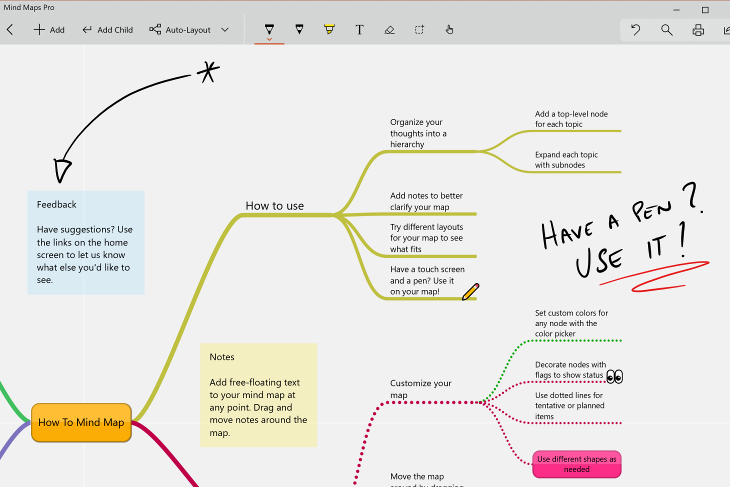Tip o' the Week 437 – Mapping of Minds
Like writing a status report, the act of doing the report or compiling the map prompts valuable activity more than the resulting artefact which might never be read. Research has shown that more visually oriented people are likely to get more out of mind mapping, and using a mind map to try to remember stuff has a fairly short shelf life. If you’ve not tried mind mapping, the simplest way is to start with a blank sheet of paper and a pen. Read some more here about the concepts. Or here, realising that the site is basically trying to sell you mind mapping software. There’s a more balanced view of different software packages, here. You don’t need to pay for your mind mapping software, though… OneNote could be a great way of doing it, especially if you have a PC with a stylus. There are a few 3rd party addins to OneNote (desktop version) that provide additional functionality for mind mapping, though the same don’t necessarily work with the Modern App version – something that’s been picked up on the User Voice forums.
This functional approach can be a bit too structured and formal, some people preferring a much more freehand, flowing kind of mind map to basically do a brain dump. Maybe a good way of publishing an already-sketched mind map? Here’s a step-by-step guide (originally written for Visio 2010). Watch this 10-minute tutorial video if you’d like a more visual approach. There are some more brainstorming tips and tricks for Visio 2016 here.
The app has simple hierarchical mapping features, and some freehand support – including Ink – with easy additions of structure, auto-layout and the like – it’s a great way to creating a mind map on Windows. It can automatically sync your maps to OneDrive, too, and export to PDF/PNG. |
Comments
- Anonymous
June 29, 2018
http://www.tonybuzan.com/about/mind-mapping/




